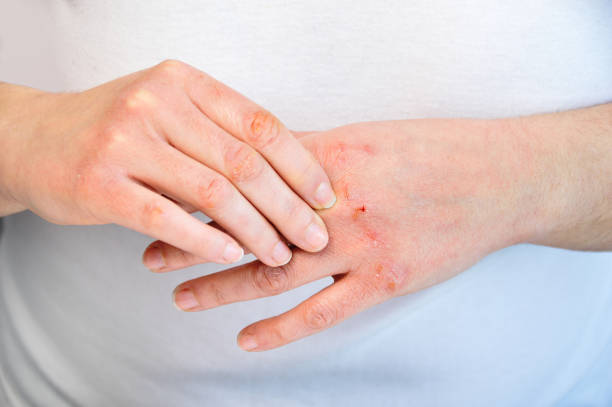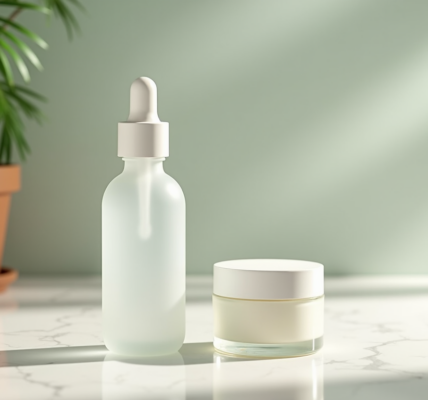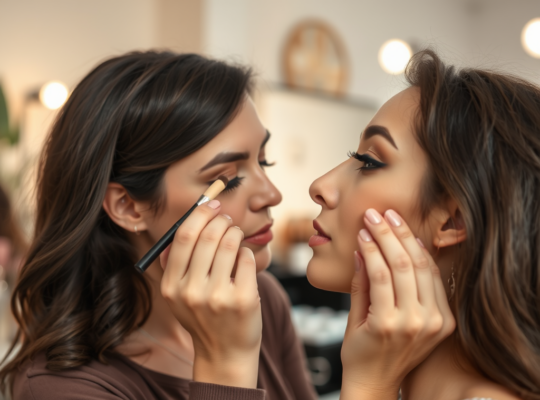Dehydrated skin is a common concern that affects many individuals, resulting in tightness, dullness, and increased sensitivity. The main topic of this article is to explore how to effectively manage and treat dehydrated skin to restore its optimal health and appearance.
Understanding Dehydrated Skin

Dehydrated skin is a skin condition where there is a lack of water in the outer layer of the skin. Unlike dry skin, which is a skin type with a deficiency in oil, dehydrated skin can affect any skin type, including oily skin. The main causes of dehydrated skin include environmental factors like cold weather, indoor heating, and air conditioning, as well as lifestyle habits such as excessive caffeine or alcohol consumption. When the skin is dehydrated, it may feel tight, itchy, look dull, and may exhibit premature fine lines. Understanding the distinction between dehydrated skin and dry skin is critical for determining the correct treatment approach.
Hydration From the Inside Out
One of the most effective ways to manage dehydrated skin is to ensure you are staying hydrated internally. Drinking sufficient water throughout the day helps maintain skin hydration levels. It’s recommended to drink at least 8 glasses of water a day, but individual needs may vary based on activity level and environmental conditions. Including hydrating foods in your diet, such as cucumbers, watermelons, and oranges, can also boost your hydration levels. Herbal teas are another excellent source of hydration and can be a great alternative to caffeinated beverages that may further dehydrate the skin. Additionally, supplements like omega-3 fatty acids can support skin health by maintaining the skin’s lipid barrier.
Using the Right Skin Care Products
Choosing the right skincare products is crucial for managing dehydrated skin. Look for products containing hydrating ingredients such as hyaluronic acid, glycerin, and aloe vera. These ingredients attract moisture to the skin and help in retaining it. A good skincare routine for dehydrated skin typically includes a gentle cleanser to avoid stripping natural oils, a hydrating serum that penetrates deeply, and a rich moisturizer to lock in moisture. It’s also beneficial to use a hydrating mask once or twice a week to give the skin an extra boost. Always opt for products that are free of alcohol, sulfates, and synthetic fragrances as these can exacerbate dehydration.
Implementing a Healthy Skin Care Routine
Implementing a consistent skincare routine is essential for managing dehydrated skin. Start by cleansing your skin with a gentle, non-foaming cleanser to avoid irritation and moisture loss. Follow up with a hydrating toner that balances the skin’s pH levels and prepares it for better absorption of subsequent products. Apply a hydro-boosting serum to deeply replenish moisture levels, followed by a thick, emollient moisturizer to seal in hydration. Don’t forget to apply sunscreen daily as UV exposure can further dry out the skin. Nighttime skincare is equally important; consider using a hydrating overnight mask or a sleeping pack to enhance hydration levels while you sleep.
Protecting Your Skin From the Environment
Environmental factors can significantly contribute to skin dehydration. Protecting your skin from these elements is vital in managing dehydrated skin. Wear a broad-spectrum SPF to shield your skin from harmful UV rays. During colder months, use a humidifier in your home to add moisture to the air, which can help prevent your skin from drying out. When exposed to harsh weather conditions, apply a protective barrier cream to safeguard your skin from wind and frost. Additionally, it’s wise to limit hot showers and baths, as hot water can strip the skin of its natural moisture barrier. Opt for lukewarm water instead and keep bathing sessions short to maintain hydration.
Conclusion
Managing dehydrated skin requires a holistic approach that includes proper hydration, suitable skincare products, and protection from environmental factors. By understanding the causes of dehydrated skin and incorporating these strategies, you can restore and maintain healthy, hydrated skin. Following a consistent skincare routine and making small lifestyle adjustments can significantly improve the appearance and feel of your skin.
FAQs
1. What is the difference between dry skin and dehydrated skin?
Dry skin is a skin type characterized by a lack of oil, while dehydrated skin is a condition where the skin lacks water. Any skin type can experience dehydration.
2. Can oily skin be dehydrated?
Yes, oily skin can also be dehydrated. Dehydration is related to a lack of water in the skin, which can affect any skin type, including oily skin.
3. How often should I use a hydrating face mask?
Using a hydrating face mask once or twice a week can help boost your skin’s moisture levels. Choose a mask suited for your skin type to avoid any adverse effects.
4. Are there any specific foods that can help with skin hydration?
Yes, hydrating foods like cucumbers, watermelons, and oranges can help maintain your skin’s moisture levels. Additionally, omega-3 rich foods like salmon and flaxseeds support the skin’s lipid barrier.
5. What should I avoid in skincare products if I have dehydrated skin?
Avoid products that contain alcohol, sulfates, and synthetic fragrances, as these ingredients can further dehydrate and irritate your skin.









